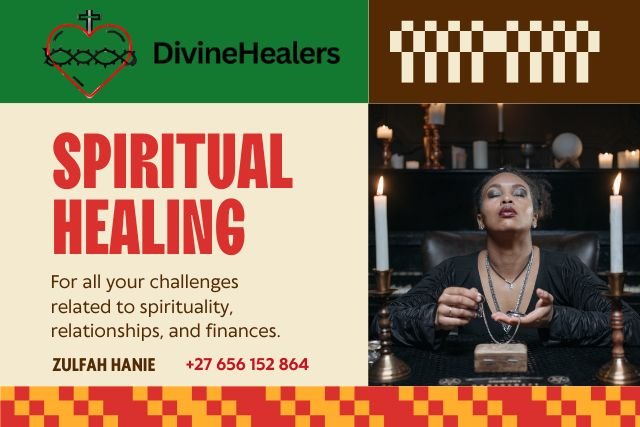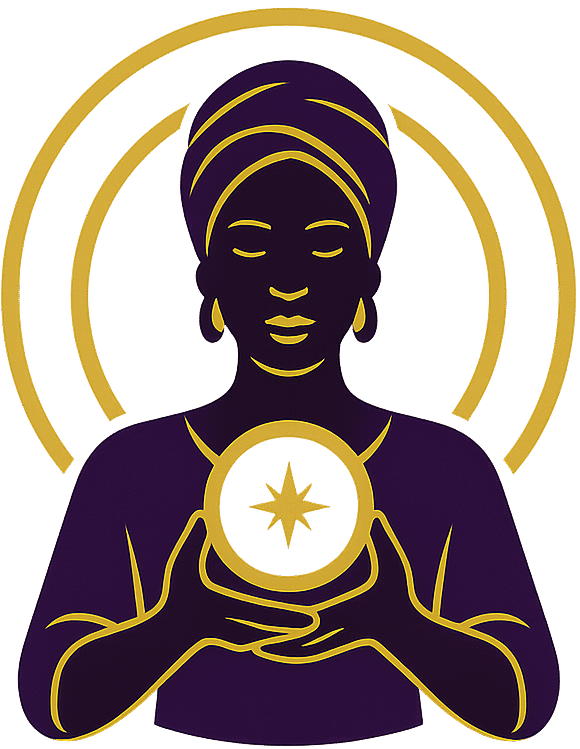How to Get Over a Lost Love: A Gentle, Proven Guide
If your heart feels heavy and your thoughts keep circling back to the past, you are not alone. Learning how to get over a lost love is a deeply human challenge, but it’s also a learnable process. Below is a practical, compassionate roadmap that blends psychology, mindfulness, and real‑world habits—plus hand‑picked resources like a breakup recovery book, therapy, coaching, courses, and guided meditations—to help you heal and move forward.
First: What you’re feeling is normal
Heartbreak can look like rumination, sleep changes, appetite shifts, and waves of sadness or anger. Your brain is recalibrating after losing a primary source of reward, routine, and identity. Knowing this can reduce shame and help you focus on skillful action rather than self‑criticism.
- Grief is not linear: It often cycles through denial, anger, bargaining, sadness, and acceptance.
- Attachment chemistry is real: Withdrawal is normal; it eases as you build new sources of meaning and reward.
- Small wins compound: Tiny, consistent habits restore stability faster than grand gestures.
A step‑by‑step plan to heal
Step 1: Stabilize your body and nervous system
Before deep emotional work, protect the basics so your brain can heal:
- Sleep anchors: fixed wake time, sunlight in the first hour, and no screens 60 minutes before bed.
- Nutrition: steady meals with protein and fiber. Hydrate. Limit alcohol while you recover.
- Movement: 20–30 minutes of brisk walking daily; it reduces rumination and boosts mood.
- Breathing breaks: 2–3 minutes of paced breathing (inhale 4, exhale 6) when waves hit.
Consider a heartbreak meditation app or a guided meditation for healing a broken heart to gently settle your system.
Step 2: Set kind, clear boundaries with the past
Give your mind space to rewire:
- Contact rules: Consider a 30‑day no‑contact reset (or low contact if you co‑parent). Tell a trusted friend your plan for accountability. See our guide on the no‑contact rule.
- Digital detox: Mute or unfollow temporarily. Remove photos from your home screen. Use app limits if needed.
- Re‑route habits: Replace daily couple rituals with new micro‑rituals—tea walk, 10‑minute stretch, journaling.
If structure helps you, try an online course to move on after a breakup that guides you through the first month.
When you’re ready to add a layer of intuitive or energy‑based support, complementary practitioners can offer perspective and calm during the acute phase.

Step 3: Process the story, not just the symptoms
Once you’re sleeping and eating more consistently, begin meaning‑making:
- Journaling prompts: What was nourishing? What was missing? What did I ignore? What do I want to practice next time?
- Cognitive reframing: Catch “always/never” thoughts and rewrite them as specific, balanced statements.
- Rituals of closure: Write a letter you don’t send; create a playlist for release; plant something as a symbol of growth.
Many people benefit from therapy sessions to get over lost love or structured heartbreak therapy to move through grief without getting stuck.
Step 4: Replace mental loops with skills and supports
- Defuse and refocus: When rumination starts, label it—“There’s the loop”—and gently return to the present using a grounding cue (5 things you can see, 4 you can feel, etc.).
- Values micro‑goals: Pick 2–3 values (e.g., creativity, contribution, health) and set 10‑minute actions you can finish daily.
- Learn the relationship mechanics: Patterns become clear with education. Try a breakup recovery course or our list of the best books to get over a lost love.
- Social scaffolding: Schedule two connection points per week: a walk with a friend and a class or group.
Step 5: Rebuild your identity and future vision
Heartbreak often erases routines that defined you. Re‑author your story:
- Identity inventory: List roles you play (friend, learner, athlete, artist). Choose one to nourish this month.
- Meaningful mastery: Start a 30‑day skill sprint (language app, strength plan, writing practice). Track streaks.
- Purpose in action: Volunteer, teach, or mentor—giving lifts mood and rebuilds self‑trust.
- Dating later, not now: If you’re early in recovery, let your nervous system settle before jumping back in.
Your breakup recovery tool stack
Here are thoughtfully curated supports that people find effective during recovery. Mix and match based on your needs and budget.
1) Readings and reflections
Start with a breakup recovery book to learn patterns and language for what you feel. Our guide to the best book to get over a lost love compares popular options and who they serve best.
2) One‑on‑one support
If you want tailored guidance, consider a one‑on‑one breakup recovery coaching program for structure and accountability, or short‑term therapy sessions to get over lost love to address trauma, anxiety, or depressive symptoms.
3) Courses and communities
Prefer self‑paced learning? An online course to move on after a breakup provides video modules, worksheets, and community check‑ins. Our breakup recovery course roadmap includes emotion regulation, attachment patterns, and future dating readiness.
4) Mindfulness and somatic tools
Short, consistent practices calm the stress loop. Try a guided meditation for healing a broken heart or a dedicated heartbreak meditation app to build daily momentum.
Some people also explore complementary healing, such as energy balancing, spiritual coaching, or intuitive readings, to feel supported while doing the practical work.

A 7‑day micro‑plan to regain momentum
- Day 1: Set your no‑contact or low‑contact plan. Remove triggering reminders. Do a 10‑minute walk.
- Day 2: Guided breathwork + journal the relationship highs/lows. Text a friend to schedule a walk.
- Day 3: Read one chapter from a breakup recovery book. Cook a nourishing meal.
- Day 4: Try a guided meditation and set one 10‑minute value action.
- Day 5: 30‑minute tidy of your space. Refresh music, phone background, and evening routine.
- Day 6: Explore a self‑paced course or book one coaching consult.
- Day 7: Nature time + future letter to yourself. Plan your next week’s micro‑goals.
Common blockers—and how to move through them
- “What if I never find someone like them?” Reframe: you won’t; you’ll find someone different—and that’s the point. Your next match will be aligned to who you’re becoming.
- “I keep checking their social media.” Use app limits, ask a friend to hold your passwords temporarily, and redirect the urge to a 3‑minute grounding ritual.
- “I feel ashamed I’m not over it yet.” Healing is not a race. Track process goals (habits) instead of outcome timelines.
- “I don’t know what went wrong.” A coach or therapist can help map patterns. Review our attachment styles guide.
When to seek professional help
Reach out for professional support if you experience persistent insomnia, panic attacks, major appetite changes, inability to work, or thoughts of self‑harm. Evidence‑based care helps you feel better faster. Consider short‑term therapy or a structured breakup coaching program for accountability and skill‑building.
Closing encouragement
Learning how to get over a lost love is not about erasing your history; it’s about integrating it and growing new strengths. With a compassionate plan, the right tools, and supportive people, your heart can become both softer and stronger. When you’re ready, browse our recovery courses, book a one‑on‑one coaching session, or start with a carefully chosen book. You don’t have to do this alone.
